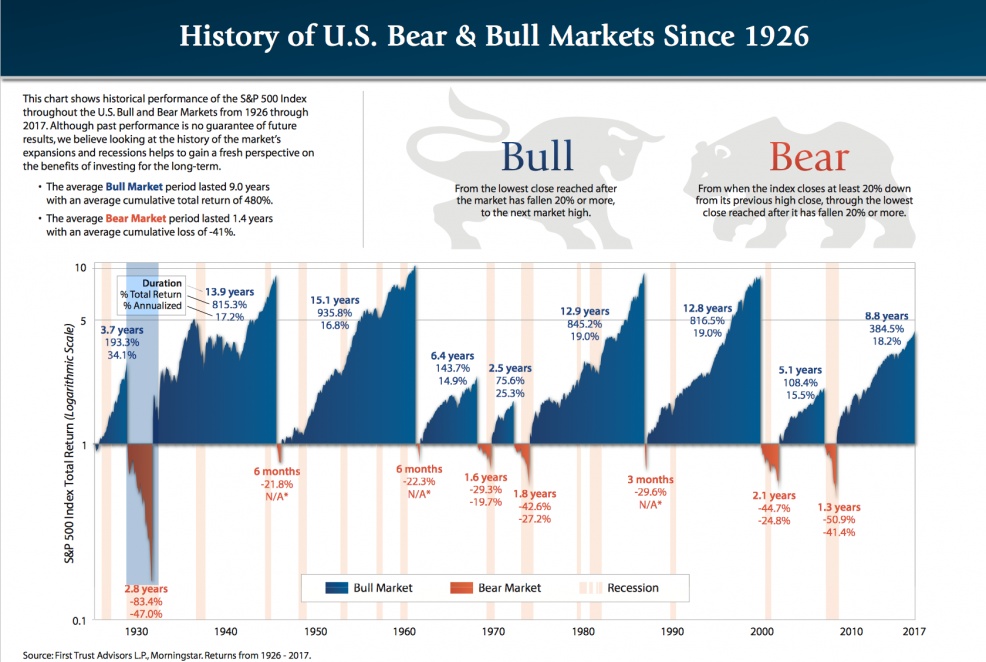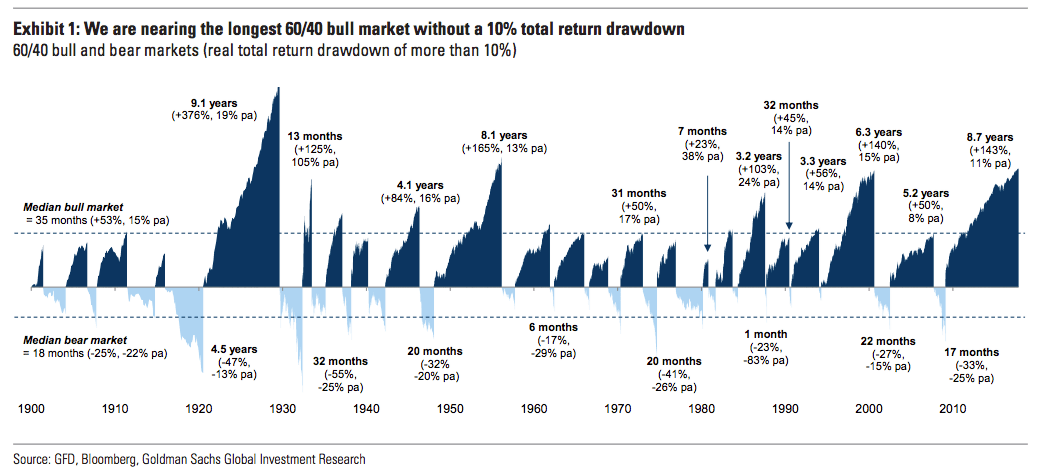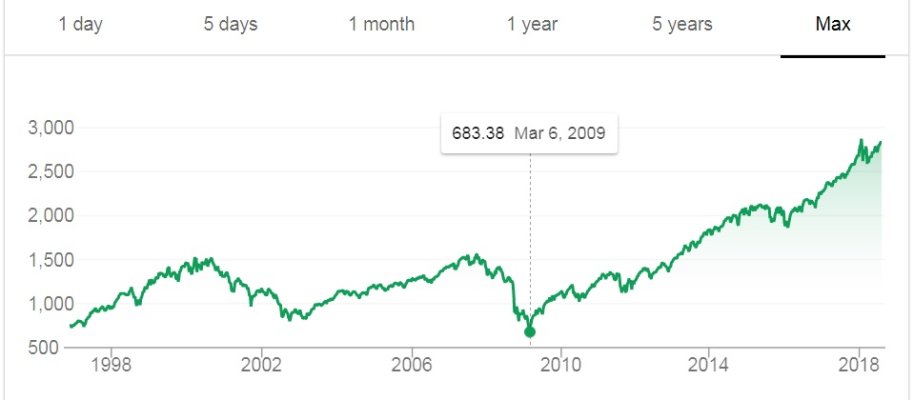Yes, inflation has been re-markedly tame. In the 2008/09 crisis, I thought we would see a "Ka-boom" effect. What I mean by that is first a sharp deflationary draw in followed by a large wave of inflation caused by all of the increased (easy) money. I have been wrong, but fortunately still had sector investments which have led the economy higher (e.g. technology, medical devices).
So why hasn't all of that increased money sloshing through the financial system caused inflation? Well, partially because of the disintermediation trend that I mentioned (i.e. the internet is a discounting mechanism). Perhaps also because the velocity of money (turnover) has fallen dramatically:
https://fred.stlouisfed.org/series/M2V
Inflation can be thought of as too much money chasing too few goods. But if that money isn't chasing goods (i.e. it is not being used to buy things but is rather saved), then inflation is lessened.
Here's my dilemma: At its core, savings represent deferred spending. A person saves (or invests) and by doing so consumes less now so that they (or whomever they give the money to) can consume more later. So eventually the money will be used and perhaps money velocity increased and will "chase" goods and services.
Maybe the decline in money velocity is a combination of the baby boomer bulge along with some good old fashioned knowledge taught by the 2008/09 mega recession of having something put away for a rainy day. I would love to hear others thoughts on this.





